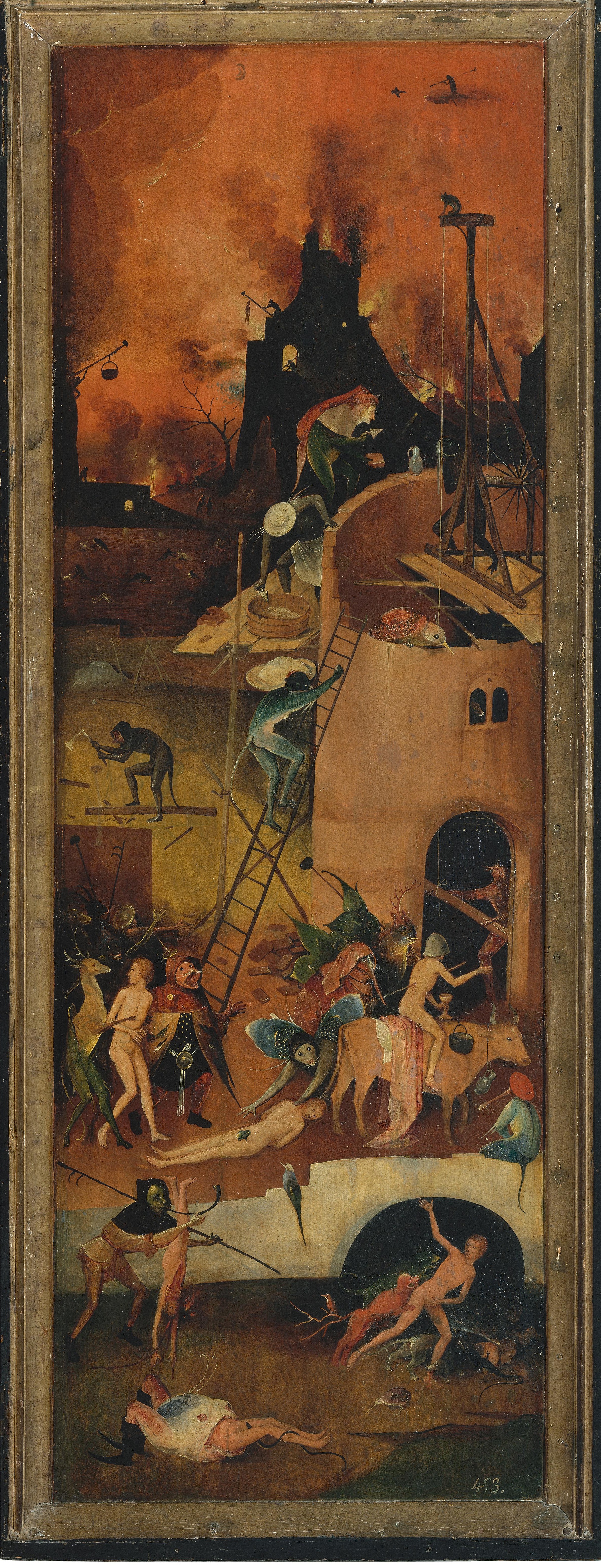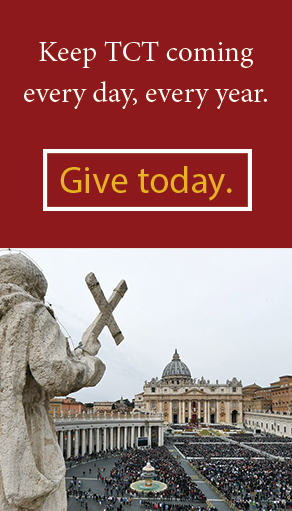Every November since 2016, my thoughts return to the incidents – the demonstrations, the slanders – that ruined the evening of my career at Providence College, where I’d taught for twenty-seven years, and where I’d been the school’s most prolific author and its most energetic booster among the faculty. It all went to smash, with breathtaking speed.
My friends at the time laid a great deal of the blame upon clericalism. As they saw it, the Dominican priests hung together, even though they knew that two among their number were much in the wrong. And the bishop’s chargé d’affaires also provided cover, discouraging his superior from getting involved.
My friends were correct. I wonder what might have happened if a few priests had allowed justice to trump fellow-feeling or the unwritten rules of the club, and had called me up and said, “Get your coat on, because we’re seeing your president right now.” Anger in a just cause can move mountains. It can sometimes move a bureaucrat.
It’s tempting to believe that clericalism is a disease of the clergy, and that if only laymen were given greater authority, we would not be beset with so many scandals. If only. I don’t see it that way.
The more aggressive among the secular laymen at Providence College have formed a clerisy that is just as tight as the one with the rosaries, but without the Law and the Prophets and the Gospel. That is the case everywhere, I think.
C.S. Lewis described the phenomenon in his essay, “The Inner Ring.” Lewis saw that in every human organization, there are going to be the few deep insiders who get most of the work done, for good or for bad. We are social beings, created for membership in bodies, especially the mystical Body of Christ, which is the Church.

Clericalism is sociability gone wrong. There may come a point, says Lewis, when you are near that inner ring, and you are called to do something wrong. It’s usually a little thing. So Mark Studdock in Lewis’ That Hideous Strength, writing newspaper reports for the National Institute for Coordinated Experiments (N.I.C.E.), comes to realize that for the first time he is writing something he knows is a lie.
Why would his superiors want him to do that? It’s not simply that they want the lie to spread. They want to bind Studdock to them. They are tempting a capable but insecure man with what he longs for most, to be with those who know, who have power, who are important.
Laymen in my experience are as clerical as the clerics. The clerics catch a more virulent form of the disease, you may say, because they believe they are holy. Perhaps; but they also have the remedy more readily available, in the examination of conscience, in the clear teachings of the Church, and in the fiery words of Jesus, who brooks no play-acting.
There may be a nickel’s worth of difference between the clerical cleric and the clerical layman. A nickel, but not a dime. Archbishop Rembert Weakland rifled the goods of his diocese to pay blackmail to a homosexual lover.
Am I to believe that such things never happen among laymen? I do not believe that the laymen in Weakland’s own chancery were ignorant of his propensities. They winked. People outside of the inner ring might take the Catechism seriously on this point, but the people who really count know better.
Is empathy the answer? No, I don’t think so. How does empathy, simply speaking, protect you against the desire to belong? Empathetic people feel with those they are near. They catch every bug that goes around. They are so quick to feel the feelings of their crowd, they have nothing left for the outsiders, for “bad” people like me.
Jesus suffered with those who suffered, but we never sense that he was an easy man for grown people to be near. When the social world is fallen, or corrupt, or downright wicked, empathy by itself does no good. You can empathize your way to Hell.
I can think of two partial remedies for clericalism. Both are paradoxical. One is to be a loner. “It is not good for the man to be alone,” says God, before He creates Eve to be a helpmate for Adam. We are made for friendship. But there must be a right ordering of friendships, too. Aristotle said that he was a friend of his teacher Plato, but a greater friend of truth.
Jesus often retreated from the crowds and even from his friends, to pray more intimately to the Father. For such imperfect stuff as we are, a resistance to easy sociability, even a difficulty in making close friends, may protect us against the urgency to belong. Bureaucracy is greased with sociable ways. We need that steel bar of the unsocial to grind its gears to a halt.
The second remedy is law. I don’t mean severity of punishment. That must depend upon the patient and the disease. I mean law as a bulwark against the temptations of empathy and the social. Law keeps the club honest. It is not the law of the club, the usually unwritten law, as I have said, that is a part of the club’s life and that allows it to accomplish things. It is the law outside of the club, to which the club submits.
The law in my case was simple: you do not bear false witness against your neighbor. Or: you do not use political demonstration to shut down discussion at a university. That’s it.
Some things a club member does will warrant a punch to the jaw. Think of the abusive priests. No sociability, but a punch. Had there been a few broken teeth, there may have been a lot fewer broken lives. But a club gone bad will be for itself first and last, as we see in education, politics, business, entertainment, and – alas – the Church.
*Image: “The Road to Hell” by Hieronymus Bosch, 1516 [Museo del Prado, Madrid]. This is the right panel of Bosch’s Haywain Triptych.
















